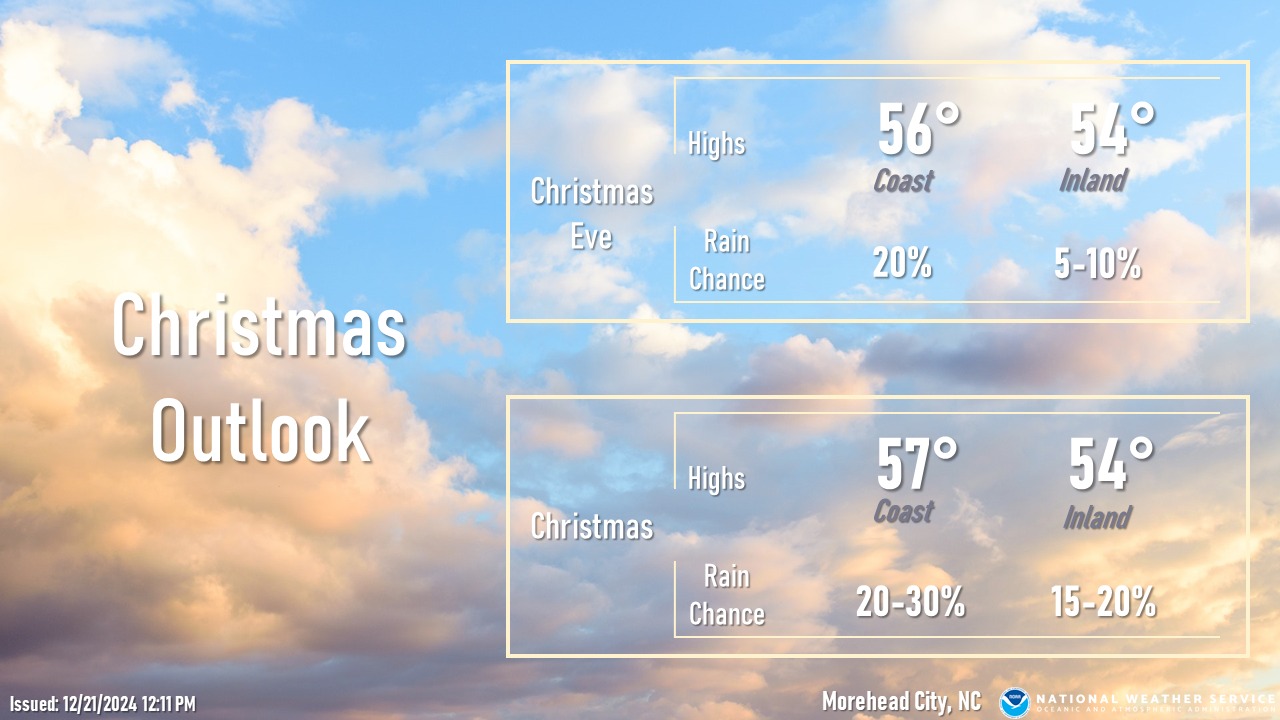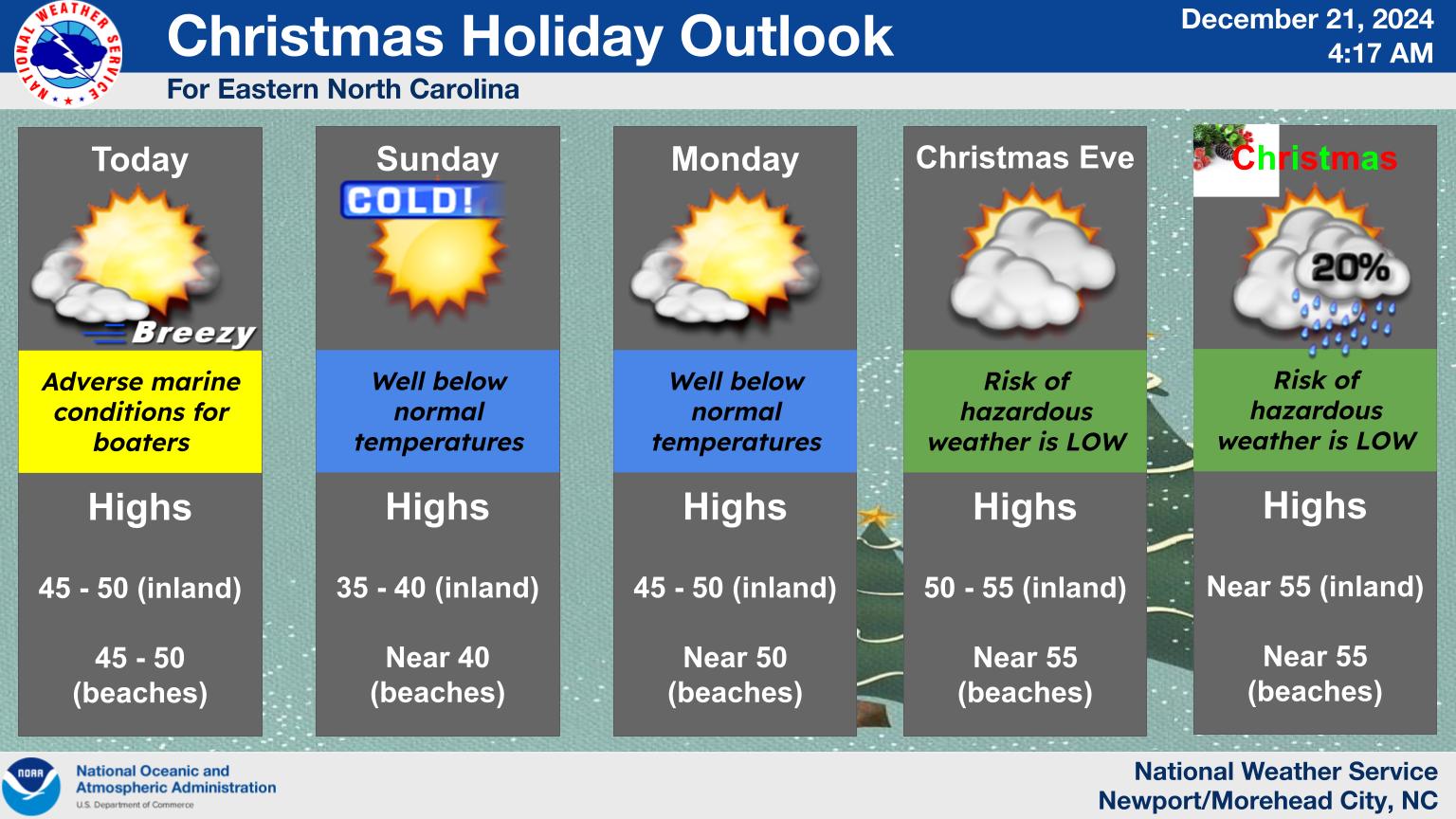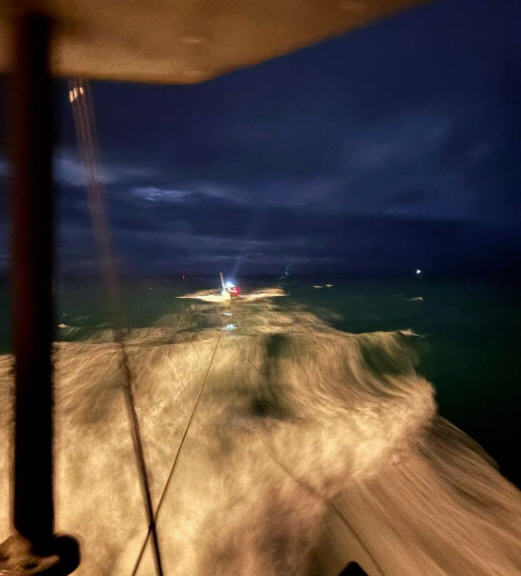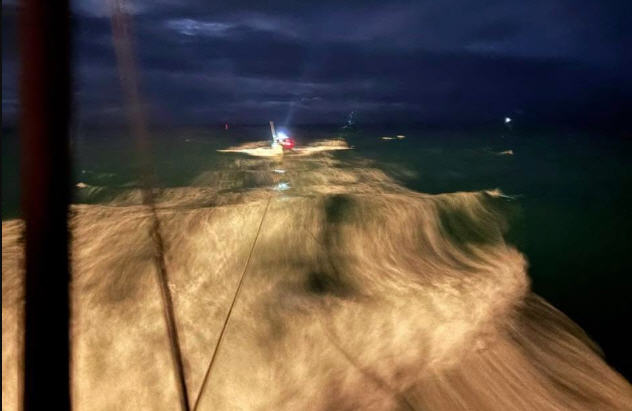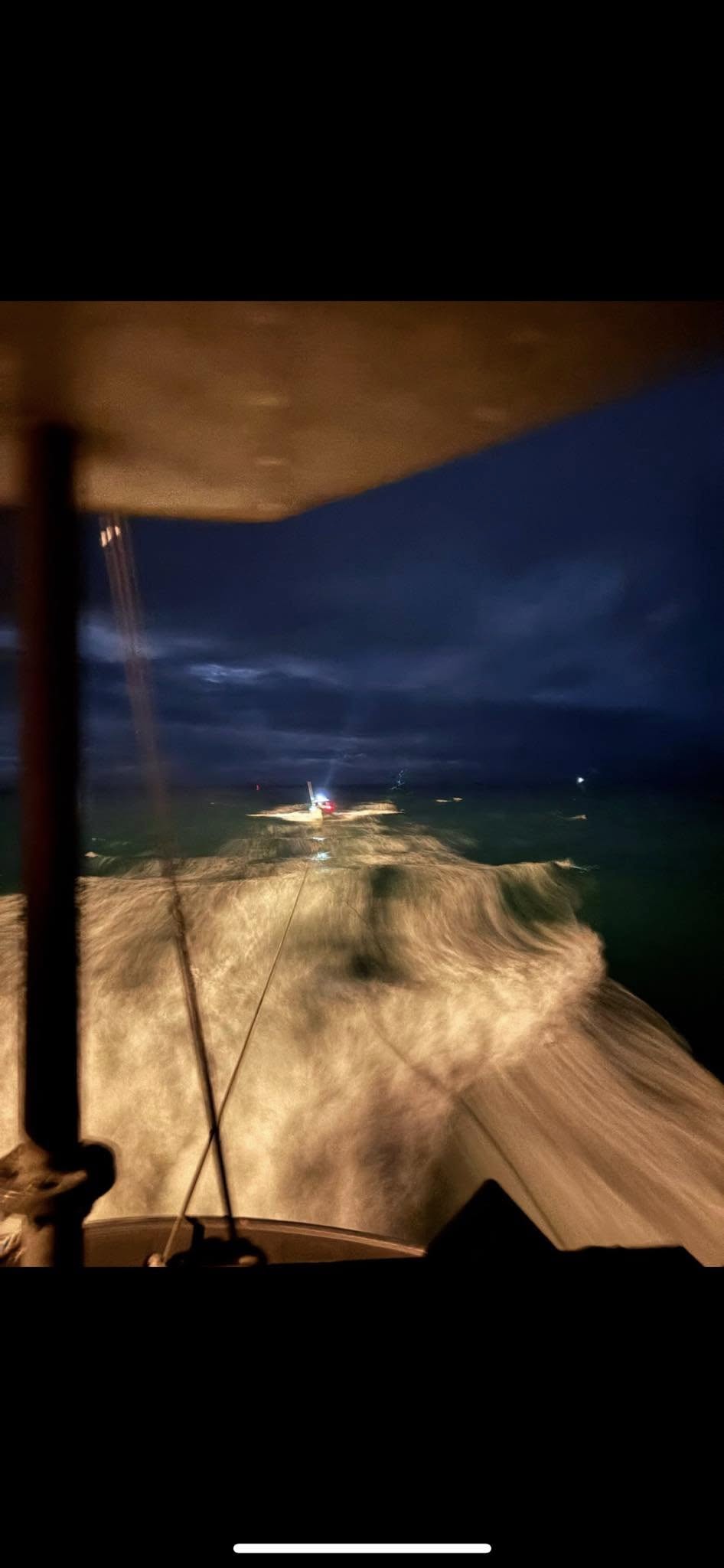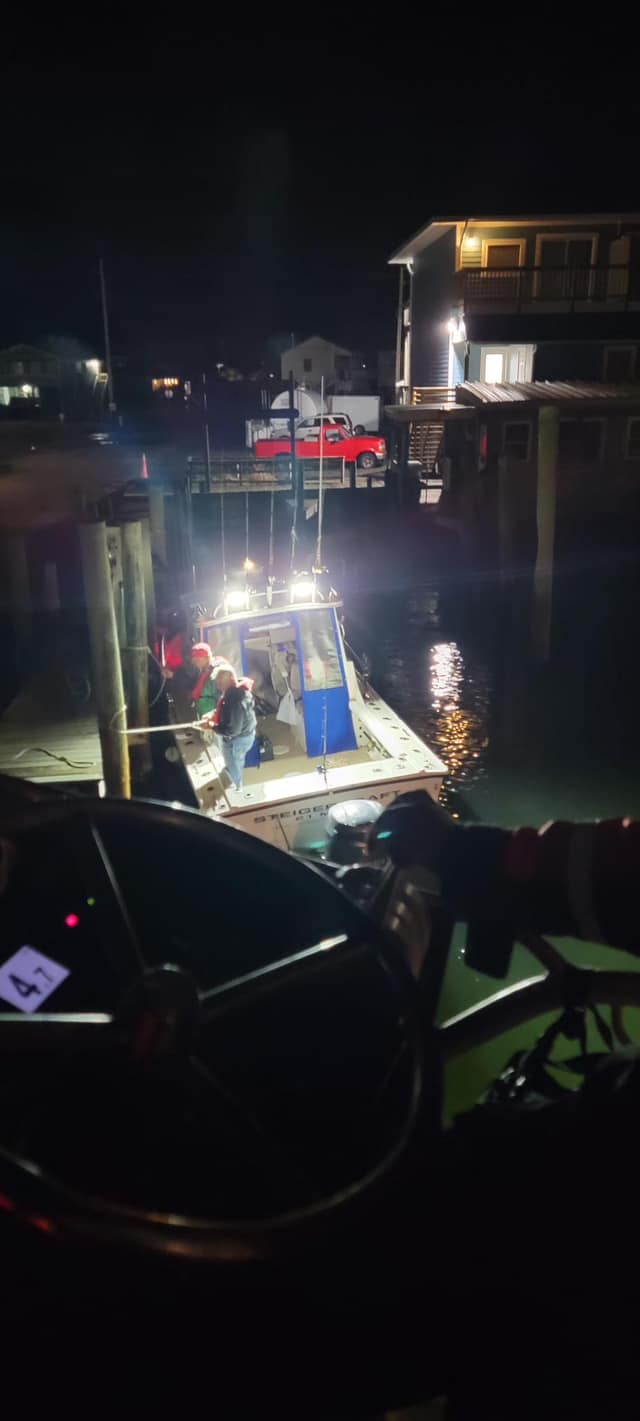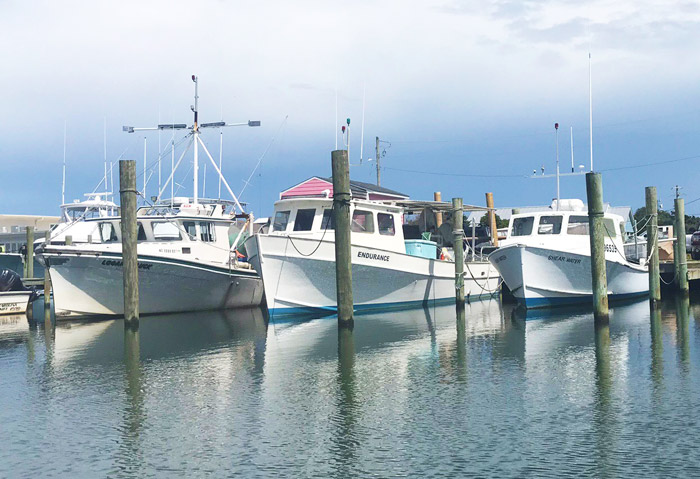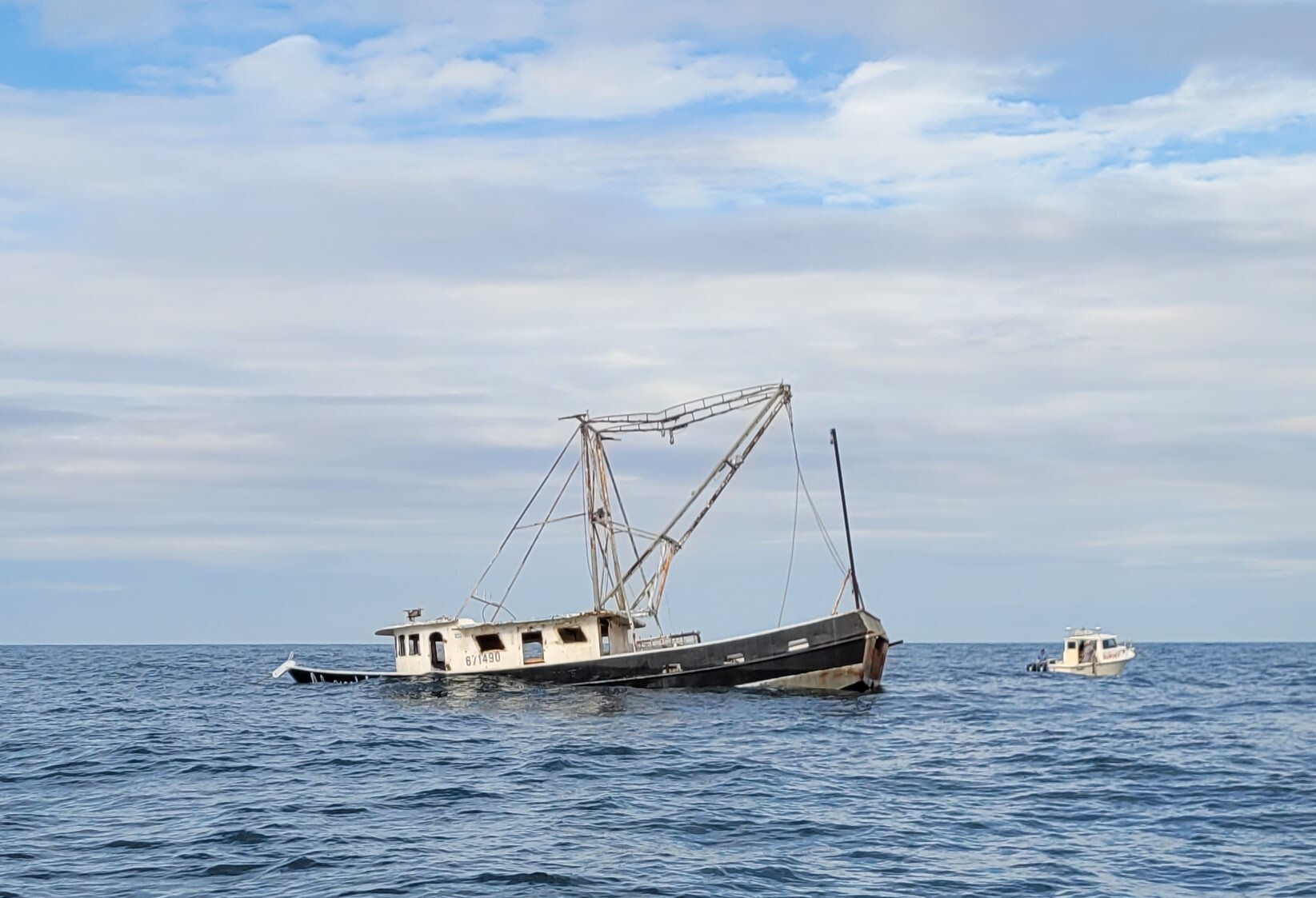Motion to Change Members of the Commission Passes
By JOY CRIST
By JOY CRIST
Several surprise motions were passed at the February 14-15 North Carolina Marine Fisheries Commission’s (MFC) meeting in Wrightsville Beach.
The MFC voted on Thursday morning by a 5-4 vote to redefine the qualifications for a commercial fishing license with criteria that had not been previously discussed. Then on Thursday afternoon, a motion by commission member Janet Rose to reach out to Governor Roy Cooper to potentially replace the members of the nine-member commission also passed in a 5-4 vote.
Commercial Fishing Requirements Pass
The big issue at the heart of the quarterly meeting was the proposal to redefine the qualifications for obtaining a commercial fishing license in North Carolina, which first surfaced in late 2017.
In a November meeting of the North Carolina Marine Fisheries Commission in Kitty Hawk, member Chuck Laughridge made a motion for the commission to “develop a definition of a commercial fisherman.” An ad hoc committee of three commission members later met to hammer out the proposed standards, and the ensuing recommendations were open to public comment in January and February 2018.
Several hundred people also attended the meeting in person, and dozens commented during the public comment period on Wednesday that was designed to address the proposal created by the three-member ad hoc committee.
“It wasn’t just commercial fishermen who were commenting,” said an attendee from Avon. “There were people from fish houses, local businesses, and even recreational fishermen who said ‘this doesn’t effect our license, but we believe in the commercial fishing industry.’”
The proposal received criticism from community members across the board. Division of Marine Fisheries liaison Nancy Fish noted that out of roughly 150 comments received on the committee’s recommendation, about 136 opposed the submitted definition and the remaining comments either supported or didn’t have a position.
The public comment period occurred on Wednesday evening, with the expectation that the MFC would discuss and vote on the existing proposed criteria that had been defined for several months.
But a new document was presented by Pete Kornegay of Camden, N.C., who is a retired fisheries biologist and who was recently appointed to the scientist seat of the MFC. The document listed a new list of requirements for a commercial fishing license, which had not been previously shared with the entire commission or the public.
Per the Outer Banks Voice, Commission attorney Philip Reynolds noted at the meeting that the issues contained in the document were different from what the three-member committee had been tasked with.
“These issues are different from the committee’s charge,” said Reynolds. “You can’t require effort from the past.”
Kornegay said that he had discussed the plan with Chuck Laughridge and made a motion to adopt that was seconded by Laughridge.
The ensuing motion was passed in a 5-4 vote. The five yes votes came from Commissioners Cameron Boltes, Mark Gorges, James Kornegay, Chuck Laughridge and Rick Smith. The no votes were cast by Brad Koury, Janet Rose, Alison Willis and Sammy Corbett.
The changes include the following. (Approval is still needed by the North Carolina General Assembly for the new criteria to take effect.)
Develop a new commercial fishing license based on criteria to qualify current commercial license holders. Current license holders must demonstrate a minimal level of participation in the fishery as reported by landings (1,000 pounds of seafood products) or effort (15 trips) through the DMF trip ticket program during any two out of five continuous calendar years.
Only allow license transfers or assignments to members of the immediate family or corporation of a licensed commercial fisherman.
Create a Crew license for individuals to apprentice with commercial fishermen for three years after which time they would be eligible to purchase a standard commercial fishing license. The annual fee for the Crew license would be $100.
Cap the pool at 100 and establish a new pool to receive licenses that are not renewed each year. Any non-renewed licenses would be transferred into the new pool and used to fill new commercial fishing license demand for qualified applicants. Inactive licenses may be reactivated for a fee.
Inactive Standard Commercial Fishing Licenses that do not have requirements set forth by the legislature would go back into a special pool and these licenses may be reissued to the original holder without going through the Eligibility Pool.
Create a Heritage Standard Commercial Fishing License that families may want to maintain that are inactive that may be maintained for $100 per year and may be reissued one time to a family member without going through the Eligibility Pool or any of the requirements listed above. If reissue is not wanted, a one-time fee of $100 will retire that license number.
Graduation or completion of work at community colleges offering a commercial fishing program will be recognized as having served an apprenticeship eligible for an Eligibility Pool license.
“They ended up approving a resolution totally independent of what we went to the meeting to offer opinions on,” said Hatteras resident Capt. Ernie Foster, who attended the Wrightsville Beach meeting. “It was a stacked deck to begin with, but people drove as far as six hours from Hatteras to get there and have their voice heard.”
“They listened to us, and then they came [Thursday] morning, and decided that they would scrap it all in favor of a different resolution,” he said. “It was absolutely disgusting.”
“I have watched the commercial fishing industry languish for numerous reasons – regulation being a big one. And certainly on the Outer Banks, we need all the economic diversification that we can get,” he said.
“The reason for sticking it to the commercial fishermen is without merit.”
Motion to Change Members of the Commission Passes
At the end of the two-day meeting, another surprise occurred when commissioner Janet Rose of Currituck, a representative of the commercial fishing industry, presented a motion to send a letter asking Gov. Roy Cooper “to examine the current membership of this commission and, if need be, make changes to
ensure this commission functions as intended.”
The move was in response to the make-up of the commission itself. On Wednesday, Jerry Schill, director of Government Relations for the N.C. Fisheries Association, noted the imbalance and shared data during the public comment session that the board has been one-sided for roughly 30 years, adding that the current commission was especially imbalanced.
“You should all resign immediately and allow Gov. Cooper another shot at it,” Schill said. “Or allow the General Assembly to fix what the governor has messed up.”
The imbalance cited stems from recreational members who hold designated seats, as well as at-large seats that were originally meant for consumers or general members of the public.
The motion to reach out to Gov. Cooper was seconded by member Cameron Boltes, a recreational commission member from Washington, N.C., and was passed by a 5-4 vote. The yes votes included Rose, commercial members Corbett and Willis, Boltes, and a commission member in an at-large seat, Mark Gorges.




